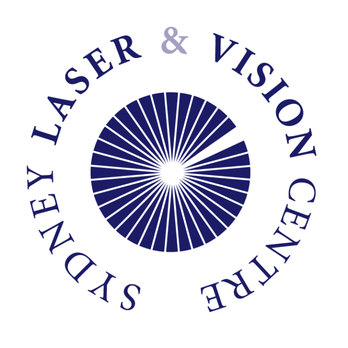Top health and safety tips for your eyes
Did you know that we register around 80% of our sensory impressions via our eyes?
There’s no question that our eyes play an essential role in how we experience the world—and that’s why it’s so important to after them.
Set your sights on keeping your eyes in peak condition for life with these five top tips for eye health and safety.
Pick the right sunglasses
Sunglasses are an essential accessory: too much exposure to ultraviolet rays from the sun can cause both short- and long-term damage to your vision. But are you choosing the right sunglasses to keep your eyes safe?
The most important thing to look for in a pair of sunglasses is their level of UV protection—and not all sunglasses have it. Sunglasses with polarised lenses are designed to reduce glare, but they don’t necessarily also offer UV protection—in fact, wearing any, including polarised lenses, that don’t filter out UV light can actually harm your eyes. This is due to your pupils being dilated as the sunglasses block visible light, but the ultraviolet light then has a larger entry portal into your eye. Next time you’re shopping for sunnies, make sure you choose a pair that completely satisfies the Australian/New Zealand Standard for Sunglasses and Fashion Spectacles. Other things to look out for are lens size (the bigger the better for maximum protection) and impact protection (plastic lenses are less likely to break).
Protect yourself from Covid
While Covid isn’t an eye disease, it can be transmitted via your eyes—and it’s also possible to contract conjunctivitis, an infection also known as ‘pink eye’, from Covid.
Our eyes are a large and exposed mucosal surface, which means that if an infected person coughs, breathes or sneezes on you and those contaminated droplets come into contact with your eyes, you might get infected, too. Similarly, if you touch a contaminated surface and then rub your eyes, you run the risk of infection. Catching Covid this way isn’t common, but it is possible—and while the pandemic continues to spread across the world, it’s more important than ever to take precautions that can lower your risk of catching the virus. Socially distancing, wearing a mask, wearing glasses or safety goggles (particularly if you have to be close to someone), washing your hands regularly, and avoiding rubbing your eyes are all simple steps you can take to protect yourself and others from getting infected.
Keep an eye on your lifestyle
Maintaining a healthy lifestyle is essential to good eye health. Eating a healthy, balanced diet that’s rich in eye-friendly antioxidants and nutrients can lower your risk of developing conditions such as cataracts or age-related macular degeneration.
Getting regular exercise to maintain a healthy weight can lower your risk of obesity, which in turn can lower your risk of conditions like diabetes, which can cause vision damage or loss. And avoiding smoking can reduce your chances of age-related macular degeneration, cataracts, glaucoma and dry eye syndrome.
Know your medical history
While lifestyle factors are important, some of us might have a genetic predisposition to developing particular eye conditions. Many types of eye diseases are inherited, including congenital cataracts, retinitis pigmentosa, and optic atrophy. Family history increases one’s risk of glaucoma and age-related macular degeneration.
But the good news is that some inherited eye diseases can be treated effectively if they’re identified early. If you can, find out if there’s a history of eye disease in your family so that you can identify what you might be at risk of developing and talk to your eye doctor about it.
Get your eyes checked
Remember to book yourself in for an eye test every two years so that your eye doctor can identify any potential problems. You can also chat to them about any relevant family medical history and any particular risk factors you might have.
Some eye conditions, such as glaucoma, have almost no early warning signs or symptoms, but it’s important to catch them early so they can be treated. And of course, if you are experiencing any symptoms or changes in your vision, don’t wait for your biannual check-up—make an appointment with your eye doctor right away.
For more information, book your consultation with Dr David Robinson, a Sydney based eye specialist, at www.sydneyvision.com.au or call us on 1800 25 20 20.

